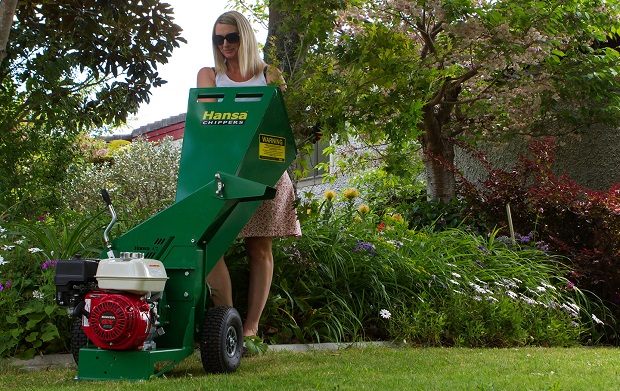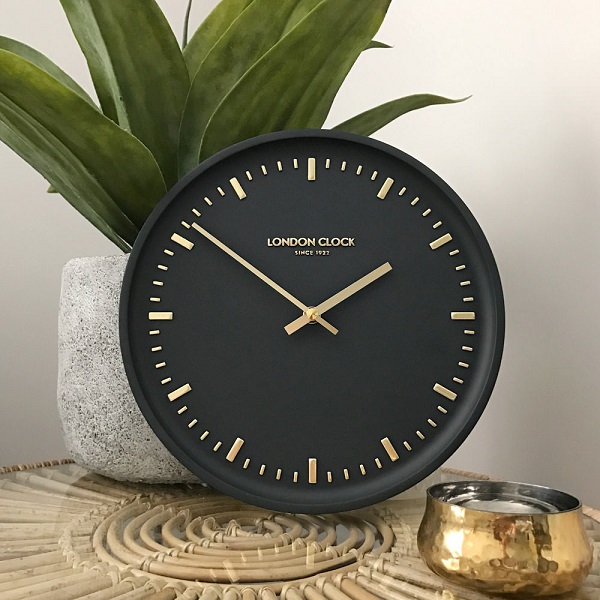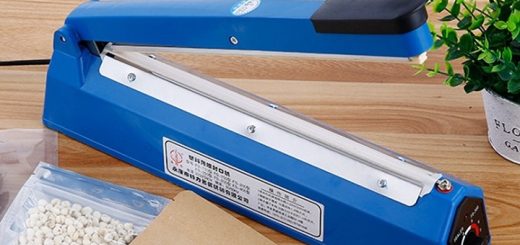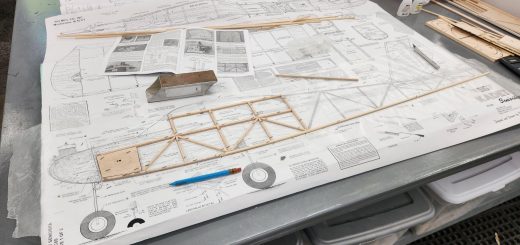Mulch: The Secret Ingredient of Great Garden Soil
The outbreak of allergies, lowering of immune system, and indulgence in junk food, all resulting in poor health have led people to start resorting to age old solutions in eliminating toxins from their lifestyles, starting from those on their plates. What could be better than eating organic? Especially now that processed food is full of chemicals, some of which we haven’t even heard of. Going organic is the way to a better overall well-being, but since buying fresh produce is costly, people have started turning to their green thumb skills and creating spaces of greenery all around their homes.
Gardening, same as cooking, is the process that people see the way they see, and everyone has the right or wrong way to garden with advice and tips of their own. What works for some may not work for others, but we can’t deny the importance of soil in gardening success. Some plants thrive in acidic soil, others thrive in alkaline, but if you want to make the best conditions for your plants, why not take nature’s way for it? Nature always functions perfectly, and all it takes is imitating it to reap the benefits. One of them is creating mulch to enrich the soil with, and for this owning tools and machines, like the garden mulchers, can be of great help.

Mulch is the organic material you can make from garden debris, which means it’s the most cost-efficient soil enrichment you can get. It contains trees (bark), shrubs, bushes, grass clippings, and leaves, and if you want to prepare it properly, start by making a pile of all the compounds using leaves as the base. Now that it’s autumn, there’s plenty of material to gather up around your home. Once you’re done, that’s where garden mulchers come to play. Powerful mulchers of today come in a portable form, with electric start and some reaching incredible speeds of 4500 RPM. If you’re worried bushy branches would interfere the function of the mulchers, their oversized hoppers were created for them and are capable of grinding them to pieces.
When you get your pile of pieces of mulch, it’s best to store it and let it set through the winter so it would be perfect for your spring planting. One important thing to remember is when the mulch is all done and ready for soil use, you can’t immediately add it to the soil because mulch, particularly the one containing mostly wood material, is rich in fibre, or carbon and cellulose in other words, and as such require the help of nitrogen and time so they’d be able to decompose, otherwise you risk having your soil’s nitrogen bind with the woody mulch and ruin your gardening for a couple of seasons.
The reason mulch is so useful with gardening success is because it helps protect the soil for one, then it lowers the chances of annoying weed growth, enables the soil to maintain even temperature acting as insulation while conserving moisture, prevents soil erosion and protects plants by preventing diseases. So, in the end it’s not a question of whether or not to use mulch, but when you can start preparing it to ensure the thriving of your garden.












